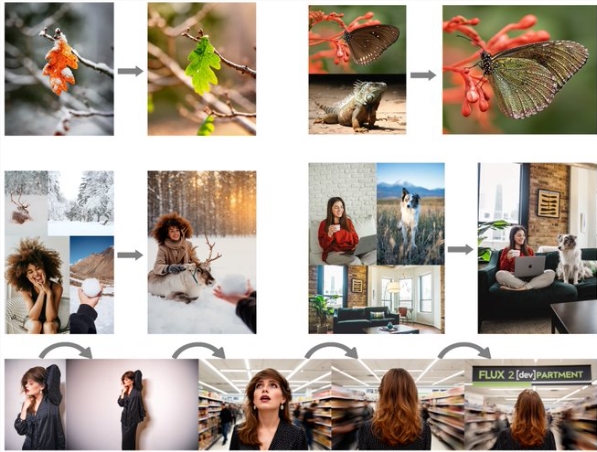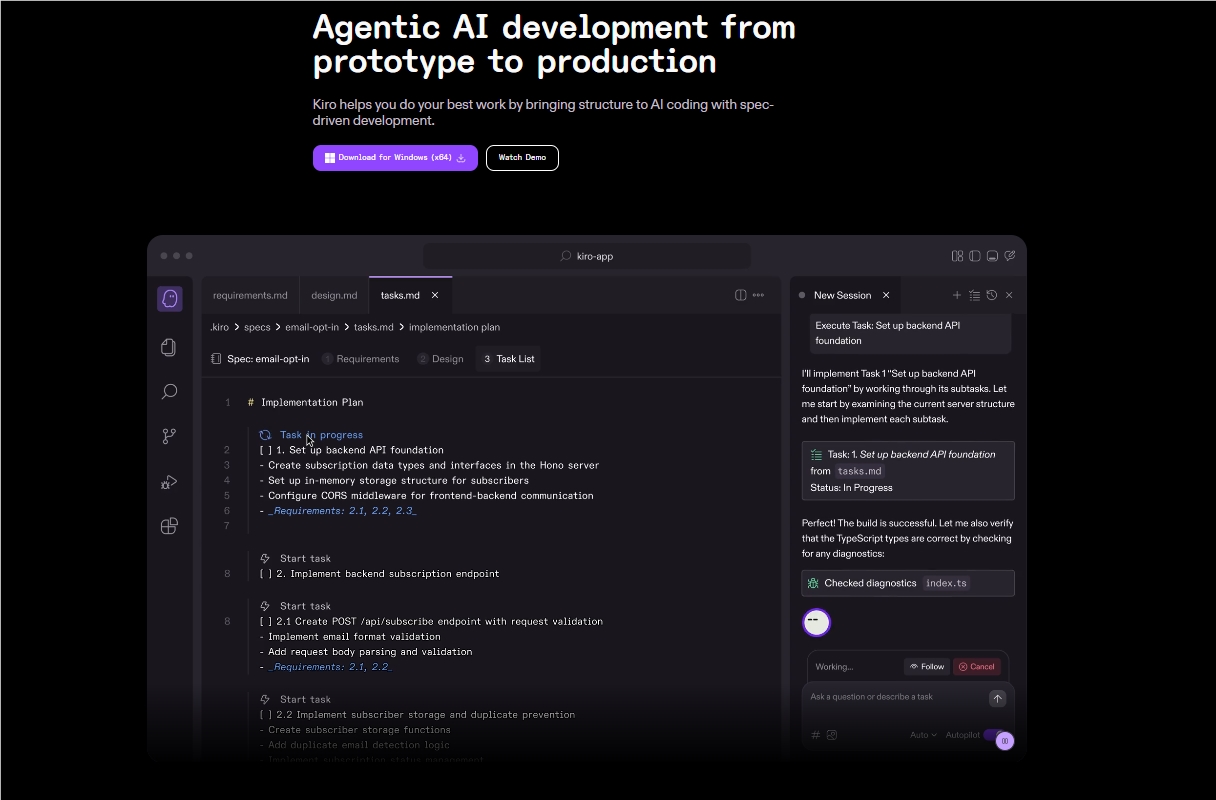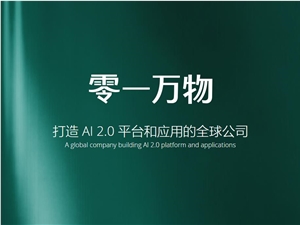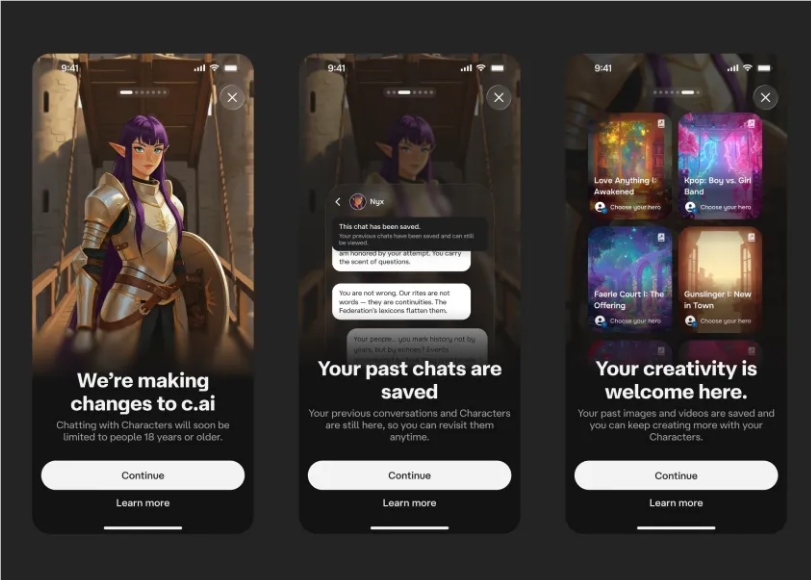Opera Corporation officially announced the launch of its new AI-powered proxy browser, Opera Neon, and opened an Alpha version waiting list. This browser redefines the way users interact with the web by introducing unique "proxy" features that integrate intelligent chat, task automation, and content creation. AIbase has compiled the latest highlights of Opera Neon and its profound impact on future browsing experiences.
The World's First "Proxy Browser": Redefining the Web Experience
Opera Neon is positioned as the world's first "fully proxy-based" browser, differing from traditional browsers by not only assisting users in browsing web pages but also actively executing tasks through its built-in AI proxy. Whether it’s searching for information, filling out forms, or completing online shopping and travel planning, Neon can handle these tasks intelligently, greatly enhancing user efficiency. This innovation is called the beginning of "Web 4.0" by Opera, marking a shift from passive tools to active assistants.

The core functions of Neon are divided into three modules: Neon Chat, Neon Do, and Neon Make, targeting smart interaction, task automation, and content creation respectively, providing users with comprehensive AI support. This "proxy-style" design contrasts sharply with Google Chrome's Gemini proxy mode and Apple Safari's AI enhancements, showcasing Opera's unique ambition in the AI browser domain.
Neon Chat: Context-Aware Intelligent Interaction
Neon Chat is Opera Neon's built-in AI assistant, supporting text and voice input in over 50 languages. It can extract information directly from the webpage the user is viewing and provide contextually relevant answers. For example, when viewing a travel website, Neon Chat can quickly answer related questions based on the page content or offer personalized suggestions. This not only improves search efficiency but also makes the interaction between users and the browser more natural and fluid.

In addition, Neon Chat can learn and optimize outputs based on the user's writing habits, generating content that better aligns with personal styles. This adaptive capability makes it stand out in content generation and real-time interactions, offering users advanced dialogue experiences similar to ChatGPT or Claude.
Neon Do: The Smart Assistant for Automated Tasks
Neon Do is another highlight of Opera Neon, focusing on task automation. Whether it's filling out complex forms, booking flights, purchasing items, or planning trips, Neon Do can handle tedious web operations via AI proxies. With the support of cloud virtual machines, Neon Do can even continue executing tasks while the user is offline, significantly improving flexibility in multitasking.
Unlike traditional browser AI plugins, Neon Do is highly synchronized with the browser's context, allowing users to take over or adjust AI actions at any time, ensuring seamless interaction processes. This "relay" design concept makes Neon more efficient and humanized when handling daily tasks.
Neon Make: From Creativity to Finished Product
Neon Make is one of Opera Neon's most innovative features, allowing users to create games, websites, code snippets, or financial reports through simple text instructions. For example, a user can type "create a retro Snake game," and Neon Make will generate executable code or a complete web application. Thanks to the support of cloud AI proxies, even complex tasks can continue to be completed when the user is offline, greatly unleashing creativity.
Compared with existing generation tools like Bolt.new or Claude's Artifact function, Neon Make emphasizes an all-in-one experience within the browser, enabling users to complete the entire process from idea to finished product without switching platforms. This offers unprecedented convenience for developers, designers, and regular users alike.
Privacy and Subscription: Local Processing and Payment Model
Opera Neon has made great strides in privacy protection. The browser claims that users' browsing history, site data, and login information will be stored locally on devices, avoiding intrusive monitoring issues such as screen recording. Additionally, some of Neon's AI features rely on servers located in Europe, benefiting from stricter privacy regulations, providing higher security for users.
Currently, Opera Neon uses an invitation-only Alpha test, with users able to join the waiting list via the official website (operaneon.com). In the future, the browser will introduce a paid subscription model to unlock full AI functionality, but basic browsing and some AI features will remain free. Specific pricing and public beta times have not been announced, but a public Beta version is expected to be released later in 2025.
Industry Impact: White-Hot Competition in AI Browsers
The release of Opera Neon comes amid intensifying competition in the AI browser space. Google recently launched an AI mode for Chrome, while Apple is exploring AI enhancements for Safari. Emerging companies like The Browser Company's Dia browser are also pushing similar concepts. However, Opera Neon stands out in the competition with its "proxy-style" design and localized privacy protection.
Insiders believe that Neon's launch not only brings users smarter browsing experiences but also lays the foundation for AI-driven "proxy networks." As AI proxies increasingly replace humans in performing online tasks, Opera Neon is poised to become a leader in this transformation.
Conclusion: Opera Neon Opens a New Era of Intelligent Browsing
With its innovative AI proxy features and powerful task automation capabilities, Opera Neon offers users an unprecedented browsing experience. From intelligent chatting to content creation and offline task processing, Neon is not just a browser but also a versatile digital assistant.
Website address: https://www.operaneon.com/










